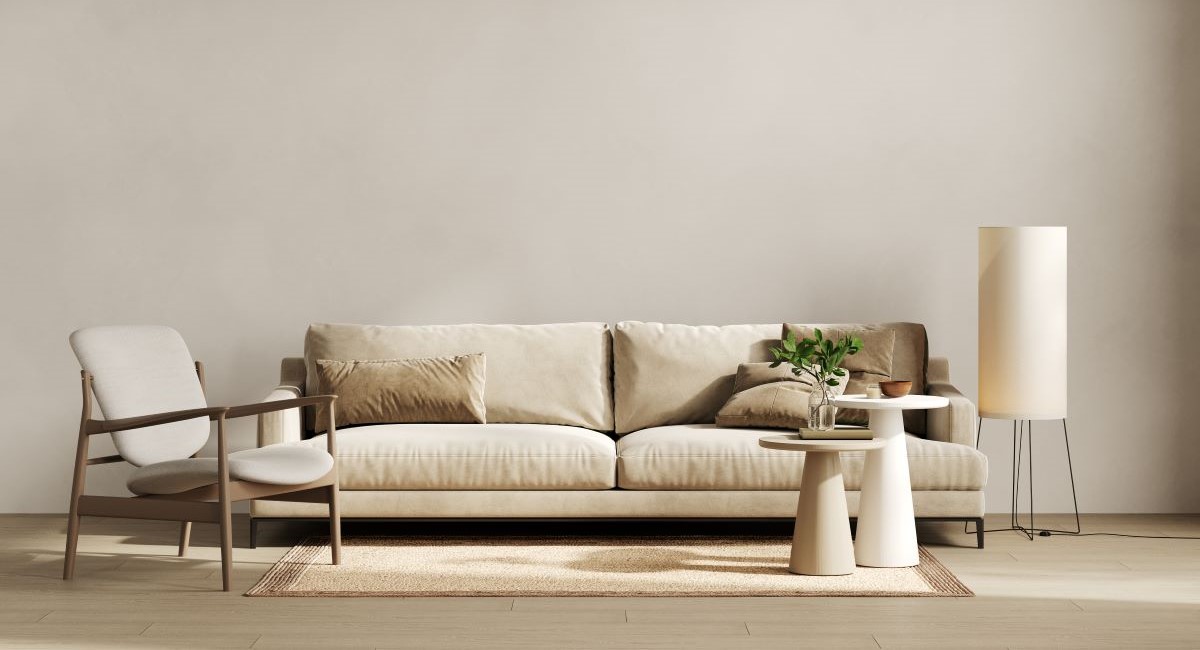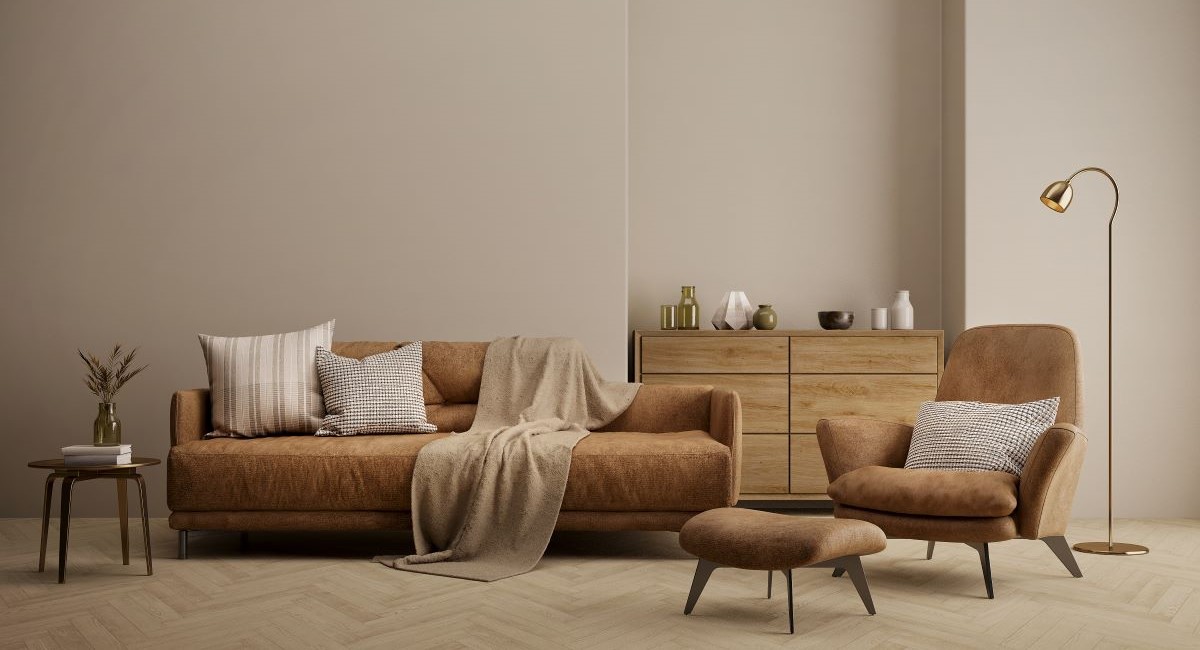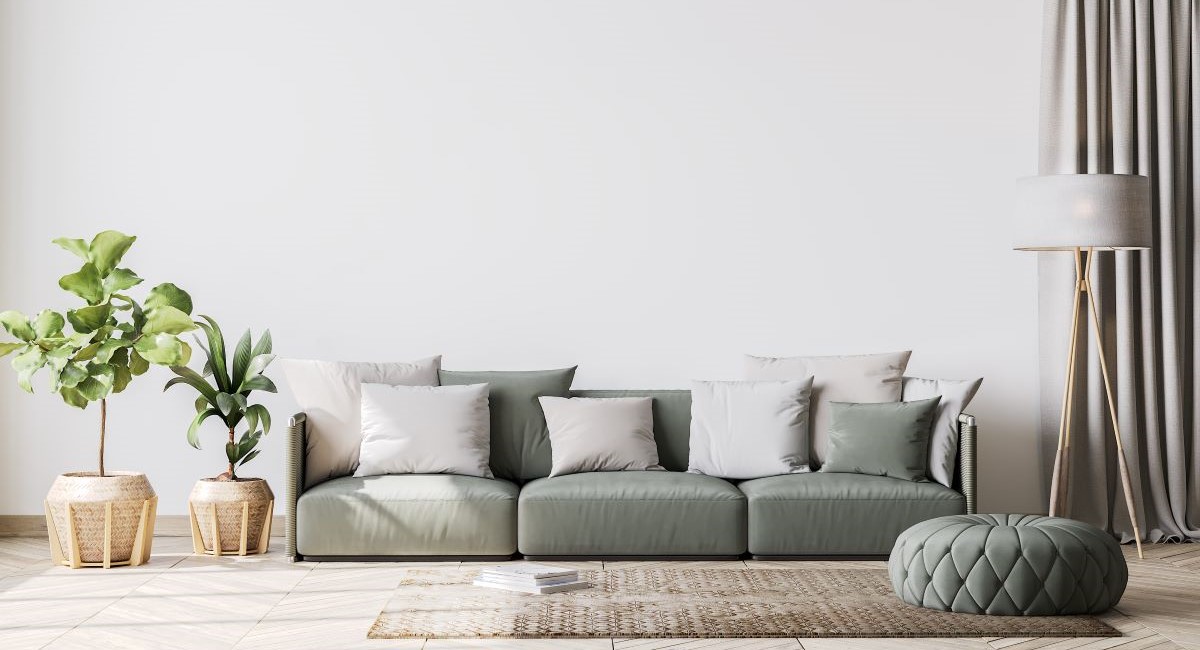In the rental market, many tenants dream of transforming their rented space into something that matches their personal style—repainting walls, adding cabinets, or even doing small renovations. But here’s the big question: can tenants freely renovate a rental property?
This article explains the legal framework, practical concerns, and key steps to avoid disputes.
Tenants Have “Usage Rights,” Not “Ownership”
By law, tenants only have the right to use the property, while ownership remains with the landlord. Most lease contracts explicitly state that tenants must obtain the landlord’s prior consent before renovating.
In other words, if a tenant renovates without consent, it may be treated as damage to the property or a violation of the lease, and the landlord could terminate the lease early.
👉 For landlords, the best practice is to state clearly from the beginning whether renovations are allowed and put this in writing in the lease agreement, to avoid disputes later on.
What Does the Law Say?
Civil Code Article 431:
“If the lessee has incurred beneficial expenses on the leased property that increase its value, and the lessor knew but did not object, then upon termination of the lease, the lessor shall reimburse the expenses, but only up to the existing increase in value.”
✨ Plain explanation: If a tenant renovates with the landlord’s knowledge and without objection, the expenses may be considered “beneficial expenses.” At lease termination, the landlord must reimburse—but not the full cost, only the value that still exists at that time.
⚖️ Legal Source: Civil Code Article 431 – Law.moj.gov.tw
Key points to note:
- Not full reimbursement: Only the remaining increase in value at lease end is reimbursable.
- Depreciation issues: Renovations depreciate over time. Tenants may think they still hold value, while landlords may see them as worthless, leading to disputes.
🕸️ Related Read: Can Tenants Change the Locks in Taiwan?
🕷️ Related Read: Can Tenants Repair on Their Own in Taiwan?
Best Practices to Avoid Disputes
Even if the landlord agrees to renovations, to reduce the risk of disputes, tenants should sign a written agreement with the landlord before starting any work. At minimum, the agreement should clearly specify:
- Return condition: When moving out, should the renovated areas be restored to their original state, or can they remain as-is? This must be clarified in advance.
- Useful life: Both parties should discuss the expected lifespan of the renovations and how depreciation will be calculated, to avoid future disagreements over value.
- Reimbursement amount: After the renovations are completed, if reimbursement is expected upon move-out, the method of calculating the amount the landlord should return should be clearly defined in advance.
Don’t Forget Lease Length
Another common risk is that if the lease term is too short, the tenant’s renovation investment may end up wasted.
Imagine investing heavily in renovations, only to have a one-year lease. If the landlord refuses to renew or raises the rent, the tenant’s investment is lost.
For major renovations, a long-term lease—ideally five years or more—is essential for protection.
Key Reminders
- Tenants: Always get written consent before renovating—oral agreements aren’t enough.
- Landlords: If you allow renovations, specify reimbursement and return terms clearly.
- Both parties: Consider adding a “renovation clause” in the lease to define responsibilities and rights.
Conclusion
Tenants are not prohibited from renovating rentals, but only if they first obtain the landlord’s consent and clearly define the terms in the lease. Without this, disputes are likely.
For tenants: negotiate lease length, reimbursement, and return conditions before investing.
For landlords: acknowledge both the value and risks renovations may bring.
With clear agreements, both sides can enjoy peace of mind.


